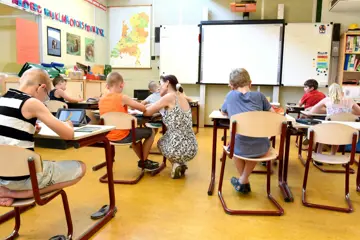The Independent Reviewing Officer (IRO) is responsible for ensuring the local authority carry out their duty in the care planning for children or young people with a disability. They should also ensure there is a Education, Health and Care Plan (EHCP) in place and to ensure all the requirements for the young person are met by the care plan, including financial and funding needs.

Some children and young people who may or may not have a disability need additional support in order to achieve in education. For most, this means additional support within their local mainstream school, whilst others will require a specialist school. See more on SEND in school here.
SEND can affect a child or young person’s ability to learn in different ways such as:
- Behaviour or ability to socialise
- Reading and writing
- Ability to understand things
- Concentration levels
- Physical ability
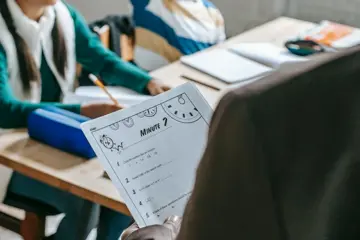
If foster carers think that the child or young person they care for may have special educational needs, contact the SEN coordinator or ‘SENCO’ in the child’s school or nursery.
Your local Information, Advice and Support (IAS) Service can give you advice about SEND. The child or Young Person may be eligible for:
- SEN support - support given in school, e.g speech therapy
- An education, health and care (EHC) plan - a plan of care for children and young people aged up to 25 who have more complex needs (Children and Families Act 2014).

EHC Plan
An Education, Health and Care (EHC) plan is for children and young people aged up to 25 who need more support than is available through special educational needs support. EHC plans identify educational, health and social needs and set out the additional support to meet those needs. Foster carers can ask the local authority or the Child’s Social Worker to carry out an assessment if they think the child or young person needs an EHC plan. A young person can request an assessment themselves if they’re aged 16 to 25. If the Local Authority decide to carry out an assessment you may be asked for:
- Any reports from your child’s school, nursery or childminder
- Doctors’ assessments of the child
- A letter from you about the child’s needs

The local authority will tell you within 16 weeks whether an EHC plan is going to be made. The local authority will create a draft EHC plan and send the foster carer a copy and has 20 weeks from the date they receive the request for the assessment to give you the final EHC plan.
The local authority can be challenged about:
- Their decision to not carry out an assessment
- Their decision to not create an EHC plan
- The special educational support in the EHC plan
- The school named in the EHC plan
Appeals can be made to a Special Educational Needs and Disability Tribunal.
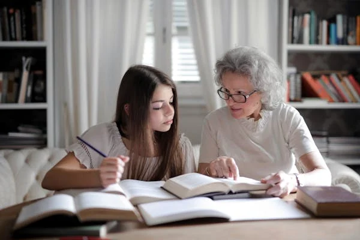
When a local authority decides it may be necessary for special educational provision to be made for a child or young person though an EHC plan, it must carry out an assessment of their special educational needs and related health and care needs. The local authority must seek social care advice as part of that assessment. The EHC plan must contain details of the child or young person’s social care needs which are related to the learning difficulties and disabilities which result in them having special educational needs. The plan must specify any social care provision which must be made, for a child or young person under 18, under section 2 of the Chronically Sick and Disabled Person’s Act 1970 and 1974 Act.

It may also include social care provision reasonably required by the learning disabilities which result in the child or young person having special educational needs which is not to be made under section 2 of the Chronically Sick and Disabled Person’s Act 1970, including any adult social care provision made under the Care Act 2014 to meet the needs of young people over 18.

SEND support for children under 5
- A written progress check when the child is 2 years old
- A child health visitor carrying out a health check for the child if they’re aged 2 to 3
- A written assessment in the summer term of the child’s first year of primary school
- Making reasonable adjustments for children with disabilities, for example providing aids such as tactile signs.
- Talk to a doctor or health adviser if you think the child you care for has SEND but they do not go to a nursery, playgroup or childminder. They will tell you what support options are available.
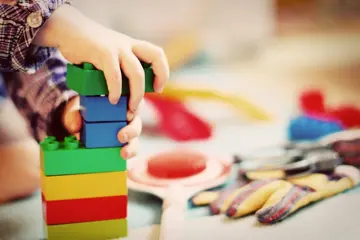
SEND support between 5 and 15 years
Talk to the teacher or the SEN co-ordinator (SENCO) if you think the child or young person needs:
- A special learning programme
- Extra help from a teacher or assistant
- To work in a smaller group
- Observation in class or at break
- Help taking part in class activities
- Extra encouragement in their learning
- Help communicating with other children
- Support with physical or personal care difficulties, for example eating, getting around school or using the toilet
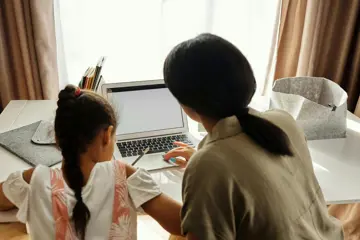
SEND support for 16 years +
For young people aged 16 or over with a disability or special educational needs (SEN) attending further education, foster carers should contact the college before the young person starts further education to make sure that they can meet their needs.

Personal Education plans (PEPS) and Education and Health Care (EHC) plans will continue along with regular care review meetings as these are statutory and part of their Care Plan. The annual review of the EHC plan is a way that foster carers can raise concerns or suggest changes if they are not happy with the content. In some situations, foster carers can ask the school (or placement) and local authority for an early annual review. This can help get significant changes to the child or young person’s plan without waiting for the next annual review. A significant change might be getting another diagnosis. A ‘placement’ or ‘setting’ can be a nursery, school, college or apprenticeship. Legally, schools and local authorities must provide the support in the child or young person’s EHC plan, even if the child is not at school. If your local authority says that they cannot do this, contact your local parent support service for help.

